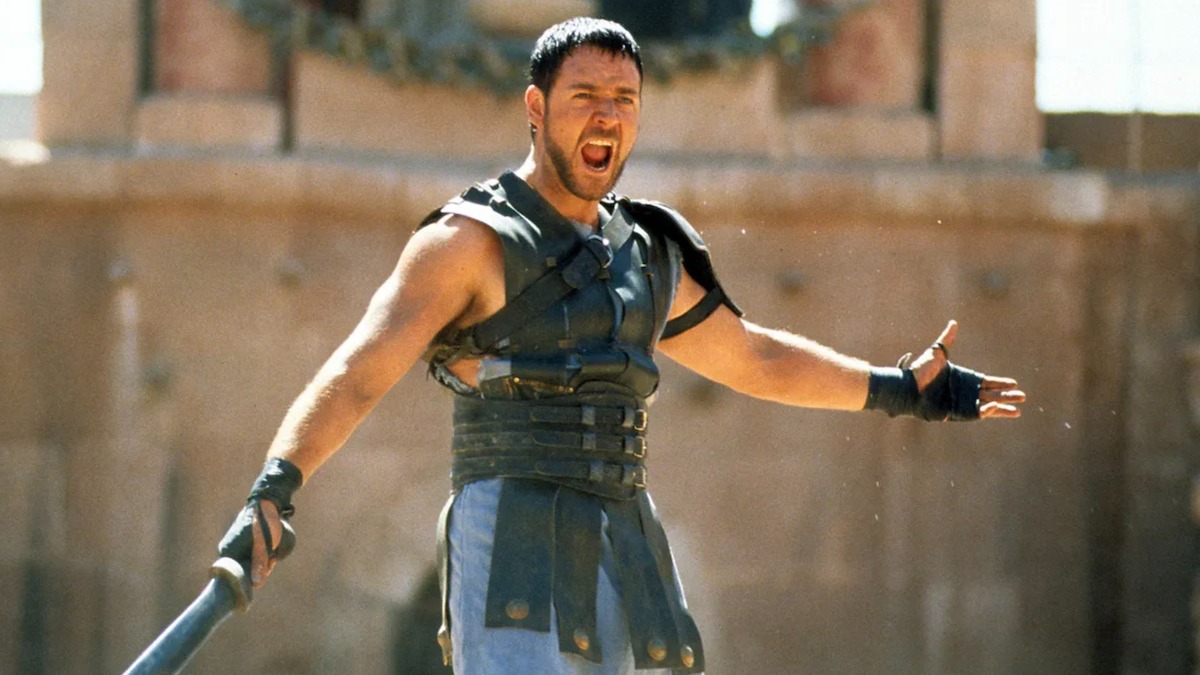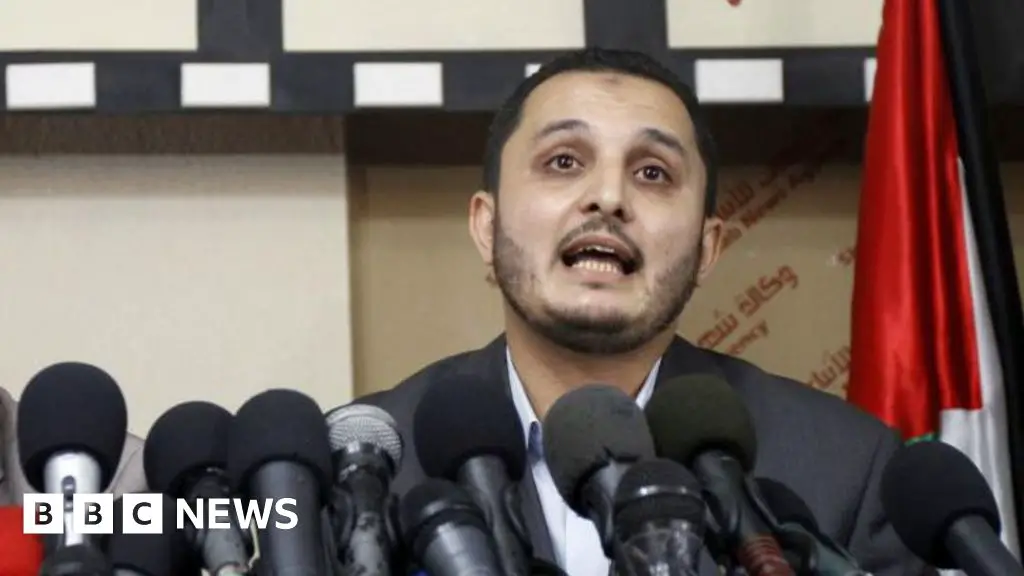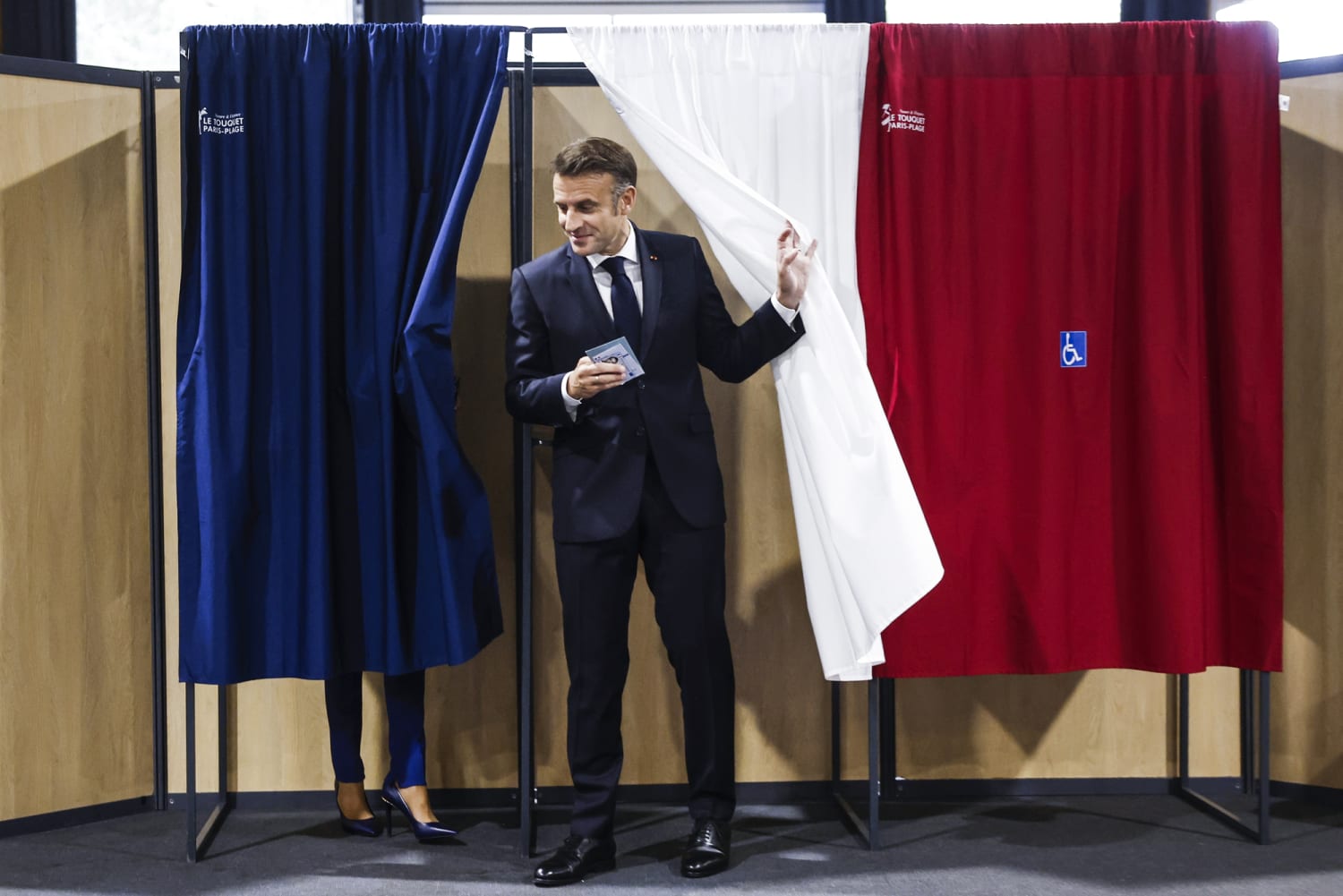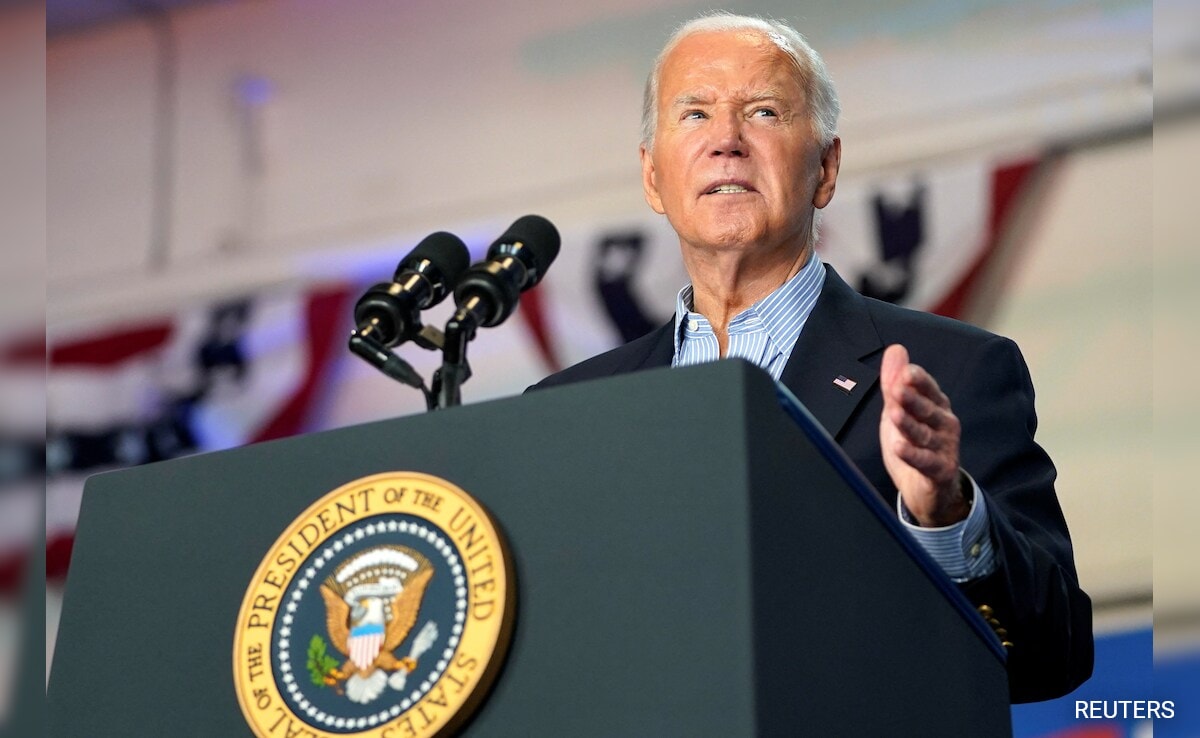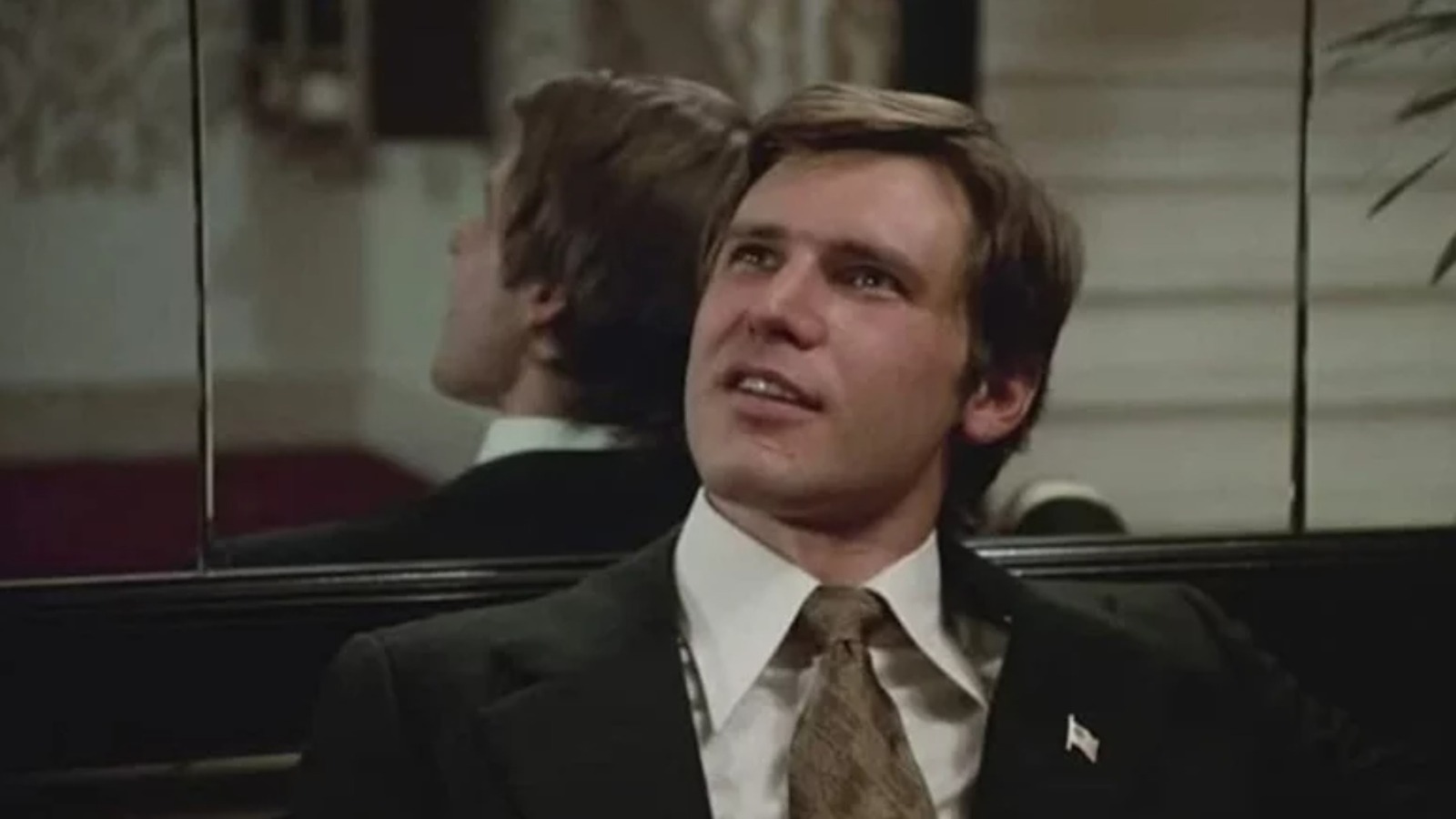

Ford was still five years out from the release of mega-hit “Star Wars” when he began filming on “The Conversation,” the Gene Hackman-led neo-noir in which he played the assistant to a shadowy man known as The Director. The movie hit theaters in 1974, earning praise from nearly every movie critic who seems to have reviewed it. It wasn’t Ford but star Hackman who got most of the praise at the time. In his four-star review, Roger Ebert wrote that “As he is played by Gene Hackman in ‘The Conversation,’ an expert wiretapper named Harry Caul is one of the most affecting and tragic characters in the movies.” In the book “Hollywood Incoherent,” Todd Berliner noted that the movie ended up in the top 10 lists of many of the 25 critics he tabulated from the year of its release. “The Conversation” also ended up with three Oscar nods, for sound, writing, and Best Picture.
Five years after that film hit theaters, its director, Francis Ford Coppola, finally birthed the masterpiece he’d been toiling with for years: “Apocalypse Now.” Ford shows up in that film as a man named Colonel G. Lucas, whose name was a direct nod to George Lucas (Lucas co-founded the production company American Zoetrope with Coppola, and directed Ford in “American Graffiti” before casting him in “Star Wars”). In this hellish, sprawling vision of the Vietnam War, the colonel appears only in a briefing scene early on, though /Film’s Drew Tinnen wrote that he “really is convincing as a war-weary soldier forced to order Capt. Willard to hunt down and silence Marlon Brando’s unhinged Colonel Kurtz.” The film earned eight Oscar nods and won two trophies, for sound and cinematography.
